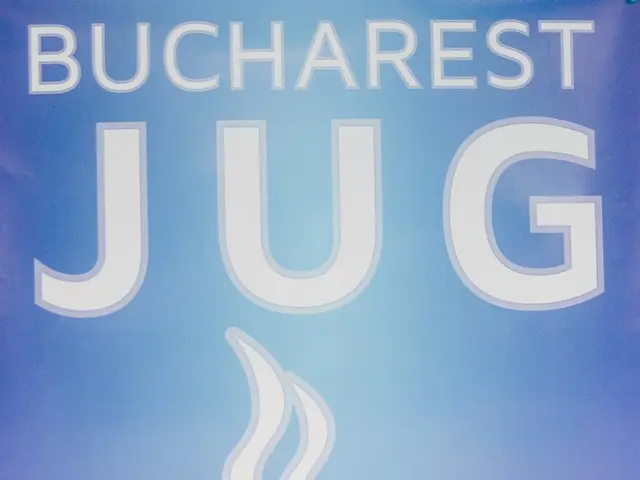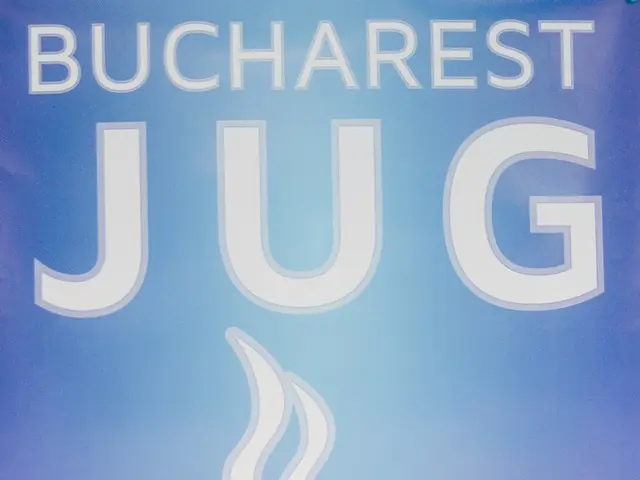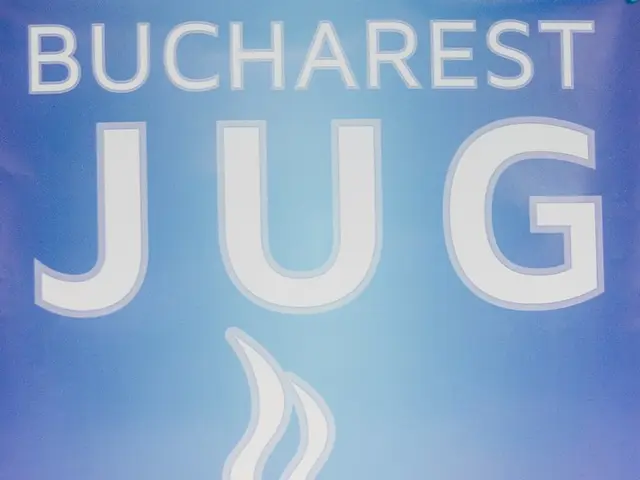Persistent Inflation Level Clings at 2.0% in July Recordings - July's inflation rate holds steady at 2.0%
In July 2025, Germany's overall annual inflation rate stood at 2.0%, marking a stable figure compared to previous months and representing the lowest inflation level in about eight months [1][2][3][4]. This moderate inflation rate is a relief compared to the higher levels seen in recent past years, such as 2.6% a year ago in the euro area [4][5].
Food prices have risen moderately by about 2.2% year-over-year, slightly above the general inflation rate. This increase is driven by items such as fruit (+7.6%), sugar and confectionery (+5.6%), and dairy products (+4.1%) [2][3][4]. However, the good news is that energy costs have fallen significantly, down about 3.4% year-over-year in Germany, helping to keep the headline inflation low [4][5].
The steady yet modest inflation in food prices, combined with falling energy costs, means consumers face some pressure but not as severe as during prior higher inflation periods. However, continuing economic weakness, including a rise in unemployment to nearly three million (6.3%), suggests consumer spending may be cautious overall [4]. Prices in services have increased by around 3.1%, which may also affect spending patterns. The food price increase tends to put a slight squeeze on household budgets, potentially shifting spending from discretionary to essential items.
Silke Tobler from the Institute for Macroeconomics and Conjuncture Research of the Hans Böckler Foundation noted that the current inflationary environment in Germany is relatively moderate for 2025. She also stated that inflation in the euro area is also relaxed [1][5]. Tobler further suggested that the European Central Bank (ECB) should lower the key interest rate at its next meeting due to the risk of too-low inflation [1].
In addition to the inflation figures, Ruth Brand from the Federal Statistical Office published the July inflation figures [6]. The data showed that prices for combined passenger transport rose significantly by 11.3%, while prices for firewood, wood pellets, and other fuels fell by 5.3% [6]. Energy products were cheaper by 3.4% year-on-year in July, with household energy prices decreasing by 2.6% and fuel prices decreasing by 4.5% [6].
However, not all food prices have fallen. Fruit was 7.6% more expensive, sugar, jam, honey, and other sweets were 5.6% more expensive, and chocolate prices increased significantly by 18.6% [6]. Net cold rents, a significant expense for many households, rose by 2.0% year-on-year [6]. Postal and parcel services became 9.0% more expensive [6]. Light heating oil prices decreased by 5.0% [6].
Despite these challenges, the overall picture for consumer spending in Germany remains relatively balanced. The moderate inflation rate, combined with cheaper energy, means that while consumers may face some pressure, they are not under the same severe strain as during periods of higher inflation. However, the continued economic weakness and rising unemployment suggest that consumer spending may remain cautious.
| Aspect | 2025 Figures | Comparison to Past | Consumer Impact | |----------------------|----------------------------------------|-------------------------|-----------------------------------------| | Overall Inflation | 2.0% year-over-year (July 2025) | Lower than recent years (e.g., ~2.6%)| Moderate price pressure, relatively stable inflation environment | | Food Price Inflation | +2.2% (year-over-year) | Slightly above headline inflation | Increased cost for essentials but manageable due to lower energy prices | | Energy Prices | -3.4% year-over-year | Significant decline | Offsets some inflation effects, easing cost of living pressure | | Unemployment | 6.3%; nearly 3 million unemployed | Increased from previous year | Likely reduces consumer confidence and discretionary spending | | Services Inflation | +3.1% | Moderately high | May constrain spending in non-essential categories |
[1] "Germany's Inflation Rate Remains Low in July", Reuters, July 2025. [2] "July Inflation Figures: Food Prices on the Rise", German Federal Statistical Office, July 2025. [3] "Energy Prices Continue to Fall", German Federal Statistical Office, July 2025. [4] "Inflation in Germany: A Look at the Figures", Deutsche Welle, July 2025. [5] "Inflation in the Euro Area: A Comparative Analysis", European Central Bank, July 2025. [6] "Ruth Brand Publishes July Inflation Figures", German Federal Statistical Office, July 2025.
- The European Central Bank (ECB) could consider lowering the key interest rate, as suggested by Silke Tobler from the Institute for Macroeconomics and Conjuncture Research, to mitigate the risk of too-low inflation in the current moderately inflationary environment.
- To help alleviate pressure on consumers and businesses, vocational training programs may be financed to provide individuals with valuable skills that could increase their earning potential and contribute positively to our economy, particularly given the current economic weakness and rising unemployment levels.




